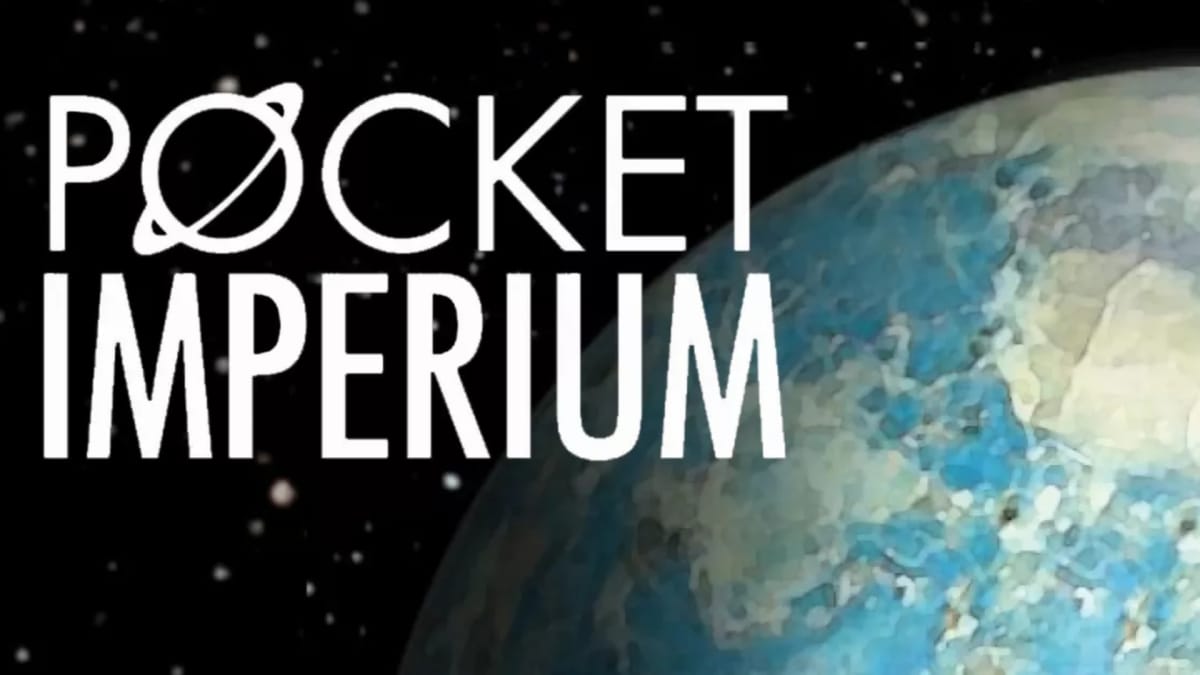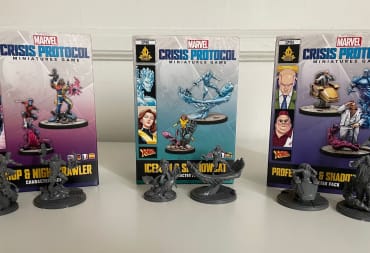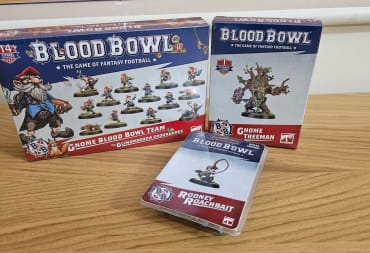The first time that I played Pocket Imperium, I played with just one other player, and the game felt tense and exciting. My opponent and I were constantly trying to outguess and outmaneuver each other, and the game ended with my opponent outscoring me by a very narrow margin. Both of us felt like we were on the ropes the whole time, and I had a very positive experience. I played it multiple times with two players, and even though the game lost some of its lusters, it still felt fun and interesting. I upped the player count afterward, and the game fizzled and fell completely flat.
What is Pocket Imperium?
Pocket Imperium is billed as a 4X microgame, although it's actually more of a competitive puzzle game than a 4X game. First off, there is essentially no exploration. The game's Explore action is simply ship movement, as the entire board is known from the start of the game. Secondly, eXploit is essentially just a word tacked on to the phase that most games refer to as "upkeep." This leaves eXpand and eXterminate, and while there is plenty of expansion that happens in the game, exterminate doesn't really fit as the game's combat is entirely deterministic.
With that being said, there is fun to be had in the game, and it centers around the primary mechanic of action selection. The three actions that can and must be chosen by each player during a round of Pocket Imperium are Expand, Explore, and Exterminate. Each round, players will secretly select which order to take these actions in by placing their cards face down on the table. Once all players have placed their cards, all players simultaneously reveal the first card and take their revealed action in the order of Expand, Explore, and finally, Exterminate. That the actions determine turn order is the first consideration that each player needs to make when choosing which order to place their actions in.
Equally important is the fact that actions become less effective as more players attempt to take that action simultaneously. If only one player reveals an action, they get the option of taking that action up to three times. If two players attempt the same action, they are both only allowed to take it two times, three players drop the number to one time each, and if all four cards show the action, then nobody is allowed to take that action at all that round. This is what adds the most "crunch" to the game, as it forces players to try to anticipate what their opponents will play and allows for the potential to mitigate, or even outright block, their opponents' actions.
Taking Actions and Changing Phases
Taking actions in Pocket Imperium is fairly straightforward. Players that choose to Expand can add ships to existing fleets. Players that chose to Explore can move their fleets around the board, and players who chose to Exterminate can move adjacent fleets into planet hexes occupied by their opponents, with each player losing ships on a deterministic, 1 to 1 basis. Positioning, movement, and combat are all important, but, again, the game feels more like a constantly shifting competitive puzzle than any form of space exploration and combat game.
Once players have taken all three of their actions, the game proceeds to the Exploit phase, where players may need to remove ships from their fleets based on how many ships can be supported per occupied hex. Afterward, scoring takes place, with each player choosing one hex to score, with points being scored by each player on that hex based on the value of the planets that they control.
The central planet, Tri Prime, doesn't actually get scored until the end of the game and instead allows the controlling player to score a second hex at the end of each round. Tri Prime is usually the most hotly contested area of the board, and the ability to score a second hex as Tri Prime's controller is what prevents players from just turtling up in their corner of the galaxy.
A Few Notes on Pocket Imperium
A Note on Player Count
Pocket Imperium plays 2 - 4 players, although I recommend avoiding playing with three players. With three players, there are no options that are ever off the table, and the game loses a huge chunk of strategy and tension. I've actually found the two-player game to be the most fun, as each player takes pairs of each of the action cards and chooses two actions per turn. This ups the complexity of choosing actions and really lets the players play off of one another and try to outmaneuver and outguess one another.
A Note on “Chrome”
Pocket Imperium has decent components, including some extra ships of each color in case some get lost. I recommend putting the cards in sleeves as there are only 12 in the game, and any mar or identifying marks on the back of a card can throw the balance of the game off entirely. If players can tell which option is being chosen by their opponents, it can give them a huge advantage and ruin the entire experience.
Is Pocket Imperium Worth Your Money?
Pocket Imperium is a decent, strategic, competitive puzzle game. It tries to touch on each X in the 4X genre but only does so in an abstract, indirect way. Theming isn't Pocket Imperium's strongest feature; rather, playing off of and trying to anticipate your opponent's moves comes to the forefront. The game is much more tense and exciting with 2 and 4 than it is with 3, although the 4-player game lasts a bit too long for what the game offers. Pocket Imperium plays best with two players but doesn't quite live up to the lofty goals that it sets out to achieve.
The copy of Pocket Imperium used in this review was provided by Passport Games Studios. This review was originally published on 09-15-2015. While care has been taken to update the piece to reflect our modern style guidelines, some of the information may be out of date. We've left pieces like this as they were to reflect the original authors' opinions and for historical context.
Review Summary
Have a tip, or want to point out something we missed? Leave a Comment or e-mail us at tips@techraptor.net













